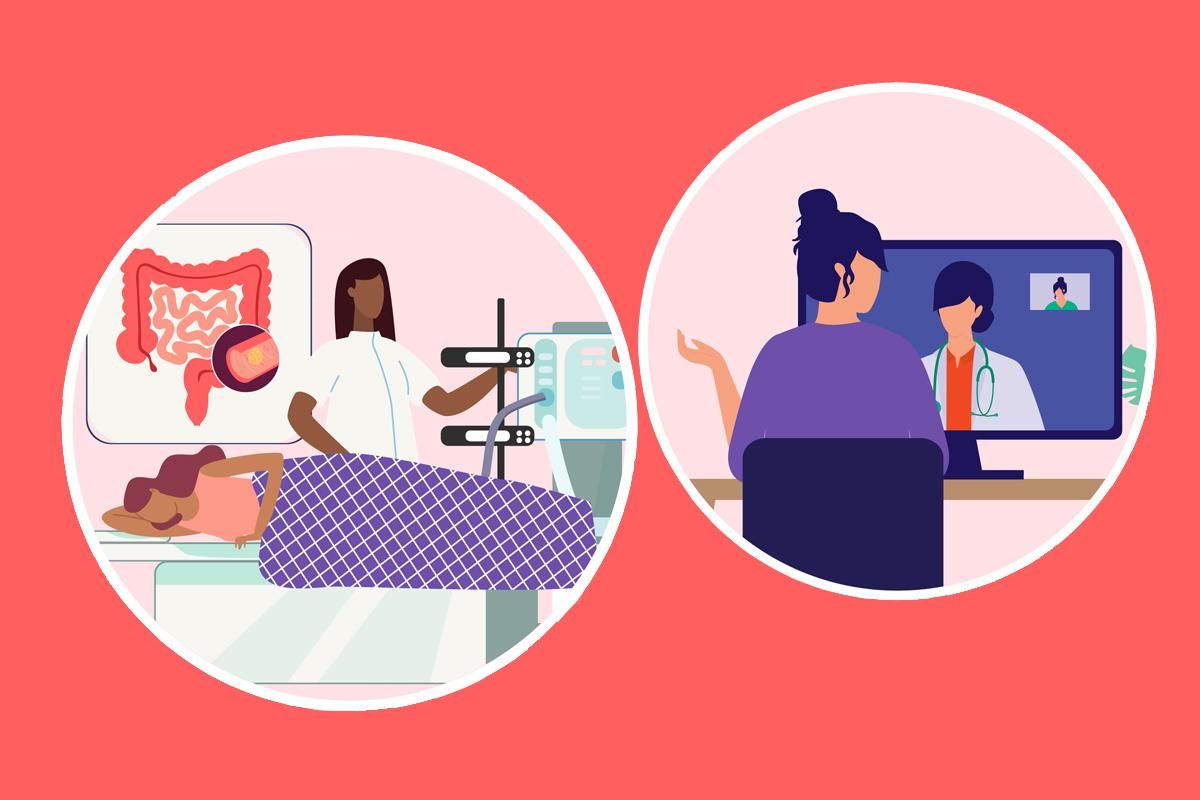
We Need to Talk About Colorectal Cancer
Colorectal cancer is deadly, but it’s also highly preventable. The first step is talking about it.
Apr 18, 2022
Sep 07, 2023
Created With Support
Alex Fulton has been working in the wellness field for more than 20 years. She has written extensively about integrative medicine, herbalism, supplements and other topics related to holistic health. Alex also focuses on issues related to women's health, from menstruation to menopause. She has collaborated with physicians, midwives and functional medicine practitioners to promote natural approaches to health care for women. She has a BA in English from the University of Wisconsin-Madison.
Full BioLearn about our editorial policies

Colorectal cancer is deadly, but it’s also highly preventable. The first step is talking about it.
Medically reviewed by Robert Nagourney. M.D.
Designed by Megan Schofield
Colorectal cancer begins in the large intestine (colon) or the rectum. Most cases start as a growth (called a polyp) on the inner lining of the colon or rectum.
Colorectal cancer is:
It’s the 3rd most common cancer in men and women in the United States, not including skin cancers.
It’s the 2nd most common cause of cancer deaths in men and women combined.
Screening can find precancerous polyps, allowing them to be removed before they turn into cancer. It can also detect colorectal cancer in the early stages, when it’s easier to treat.
Colorectal cancer may not cause symptoms, but if it does, they include:
Don’t assume you’re too young for colorectal cancer.
The best way to reduce your risk of colon cancer? Regular screening.
The 5-year survival rate of people with localized (early) stage colorectal cancer is 90%. If the cancer has spread to distant parts of the body, the 5-year survival rate is 14%.
Talk to your healthcare provider (HCP) about colorectal cancer
You can’t die of embarrassment, but you can die of colorectal cancer.
This resource was created with support from Merck.